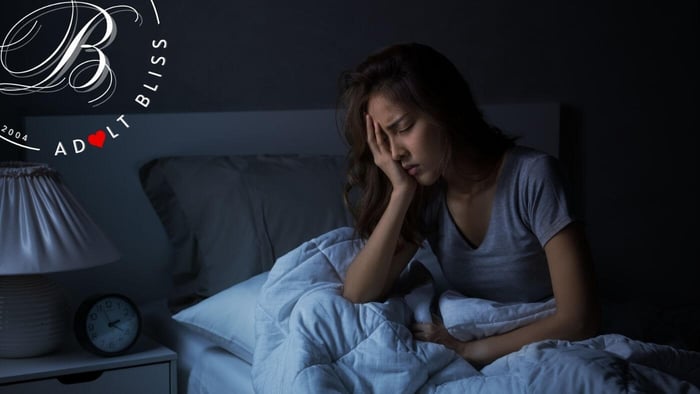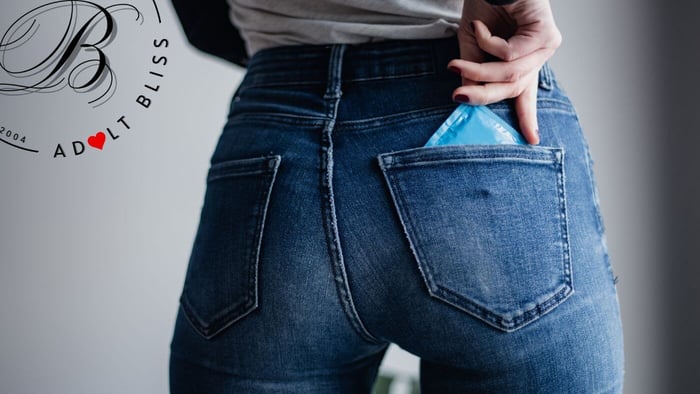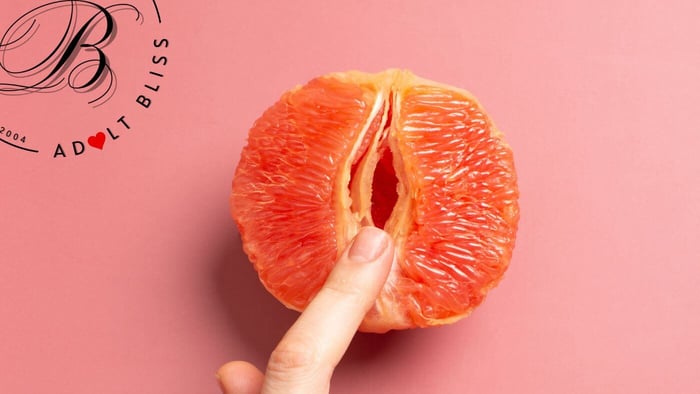
Why Does My Vagina Hurt After Sex?
Jump To Section
- Why Does My Vagina Hurt After Sex? Here Are the Top 5 Reasons and What You Can Do About It!
- 1. Not Enough Foreplay (Yes, That’s a Thing)
- 2. Vaginal Dryness (Not Just for Post-Menopause)
- 3. Rough or Prolonged Sex (No Need to Go Beast Mode)
- 4. Allergic Reaction after sex (Yes, Your Vagina Can Be Allergic)
- 5. Vaginal Infections or Medical Conditions (Let’s Get Real for a Sec)
- Final Thoughts: Listen to Your Body
- FAQs
Why Does My Vagina Hurt After Sex? Here Are the Top 5 Reasons and What You Can Do About It!
We’ve all been there—everything’s going great, and then, ouch! Suddenly, your vagina is not so happy, there’s a burning, a throbbing ache or a shooting pain you weren’t expecting and you’re left wondering “Why does my vagina hurt after sex?” First off, let’s take a deep breath (yes, right now, I’ll wait). This is more common than you might think, and the reasons for that inconvenient pain that lasts a moment, a day, or even longer might be easy to figure out and fix. So, let’s dive into the top five culprits behind post-sex vaginal discomfort and what you can do to make sure your next romp leaves you feeling nothing but bliss.
1. Not Enough Foreplay (Yes, That’s a Thing)
We’re starting with a biggie: lack of foreplay. Think of your vagina as a flower—it needs time to bloom! If you jump into the main event too quickly, your body might not be ready, and that can lead to discomfort leaving your vagina hurting and sore. Your vaginal tissues need to be fully aroused to produce enough lubrication, which helps reduce friction during sex, and just like a stretch before the gym your surrounding muscles may also need that warm up.
Solution: Take your time. Seriously. Don’t rush through foreplay like it’s a chore. Engage in activities that turn you on—kiss, touch, tease. Make sure you’re fully aroused before moving on to penetration. And hey, if your body needs a little extra help, don’t be shy about using a good quality lube. Trust me, lube is your best friend and can make a world of difference.
Jo H2O Original Lubricant

$17.95
JO H2O Original, our most versatile (and best-selling!) formula, truly sets the standard for water-based lubricants. Its sensual, comforting glide and silky-smooth feel are perfect...… read more
Get One Now2. Vaginal Dryness (Not Just for Post-Menopause)
Speaking of lubrication, vaginal dryness isn’t just something that happens to people going through menopause. Stress, certain medications (like antihistamines, anti-depressants, ADHD meds and birth control pills), hormonal changes, dehydration and even sexual anxiety can cause your vaginal tissues to be drier than usual.
Solution: First, figure out the cause. If you’re stressed, try to relax—easier said than done, I know. If you’re on medication, talk to your doctor about alternatives or solutions. Drinking more water can also help. And, once again, lube is your bestie here. Opt for a water-based lubricant if you’re sensitive, or try a silicone-based one for longer-lasting moisture.
3. Rough or Prolonged Sex (No Need to Go Beast Mode)
Let’s be real: sometimes things get a little wild in the bedroom, and while that can be fun, it can also lead to soreness afterward. Rough or prolonged sex can cause microtears in the vaginal tissue, which might not be noticeable at first but can definitely cause discomfort later on.
Solution: If you’re into rough sex, that’s totally okay—just make sure to communicate with your partner and listen to your body. Take breaks if needed, and don’t be afraid to ask for a gentler touch if things are getting too intense. Aftercare is also important. Soothing your vagina with a warm bath or a cold compress can help alleviate any discomfort.
4. Allergic Reaction after sex (Yes, Your Vagina Can Be Allergic)
Believe it or not, your vagina can have allergies too. From latex condoms to certain lubricants, spermicides, laundry detergents or even sperm! —these can all cause irritation or allergic reactions, leading to post-sex pain.
Solution: If you suspect an allergy, try to eliminate the possible irritant. Switch to hypoallergenic or natural products, like latex-free condoms or organic lubes. If you’re still experiencing discomfort, it might be time to consult with a healthcare provider to pinpoint the cause and find a solution.
5. Vaginal Infections or Medical Conditions (Let’s Get Real for a Sec)
Sometimes, pain after sex can be a sign of an underlying infection or medical condition, such as; a Yeast Infection, Bacterial Vaginosis, or even something more serious like Pelvic Inflammatory Disease (PID) or Endometriosis (which this author spent nearly 15 years trying to get a diagnosis for!). These and many other conditions can cause inflammation, irritation, and pain during or after sex.
Solution: If the pain is persistent or accompanied by other symptoms like unusual discharge, a strong odour, or fever, it’s important to see a healthcare provider ASAP. They can diagnose the issue and prescribe treatment to get you back to feeling like yourself again. Remember, your sexual health is just as important as any other aspect of your well-being!
Final Thoughts: Listen to Your Body
At the end of the day, your body knows what’s up. If something feels off, don’t ignore it. It’s totally okay to hit pause and check in with yourself and your partner! It’s never too late to retract consent especially when you are in pain! Whether it’s more foreplay, a little lube, or a trip to the doctor, there’s no shame in doing what’s best for your health and comfort.
Sex is supposed to be pleasurable, and that includes feeling good before, during, and after. So next time you find yourself wondering why your vagina hurt after sex, you’ll know where to start looking for answers. And remember: your vagina deserves nothing but the best care, so treat her like the queen she is!
FAQs
Why does foreplay matter so much in preventing post-sex discomfort?
Foreplay allows your body to become fully aroused, increasing natural lubrication and relaxing vaginal muscles. Skipping this step can lead to friction and discomfort during penetration. Taking time for foreplay and using lube if needed can make all the difference!
Can stress or medications really cause vaginal dryness?
Absolutely! Stress, hormonal changes, and certain medications like antihistamines, antidepressants, and birth control can reduce natural lubrication. Staying hydrated, managing stress, and incorporating a high-quality lubricant can help combat dryness.
Is it normal to feel sore after rough or prolonged sex?
Yes, rough or prolonged sex can cause microtears in vaginal tissue, leading to soreness. Listening to your body, communicating with your partner, and taking breaks can prevent discomfort. Aftercare like a warm bath or cold compress can also soothe irritation.
How can I tell if I have an allergic reaction to condoms or lube?
If you experience itching, redness, or burning after sex, it might be an allergic reaction to latex condoms, certain lubricants, or other products. Switching to hypoallergenic or natural options can help. Persistent issues should be addressed with a healthcare provider.
When should I see a doctor about post-sex pain?
If your pain is persistent or accompanied by symptoms like unusual discharge, a strong odor, or fever, it’s crucial to consult a healthcare provider. Conditions like yeast infections, bacterial vaginosis, or more serious issues like pelvic inflammatory disease may require treatment.
Let me know if you'd like adjustments!










